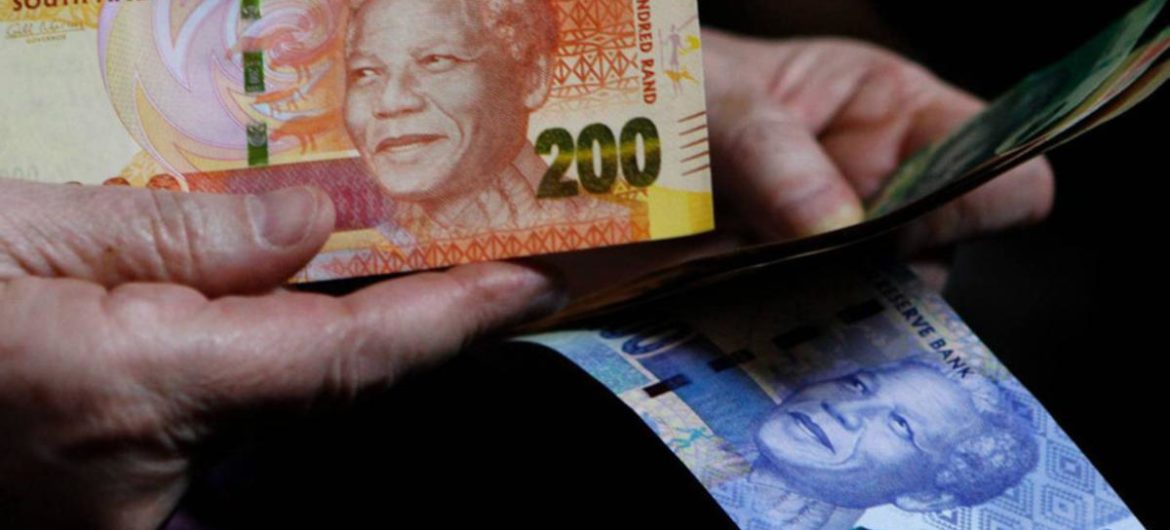Many South African households are facing significant financial hardship as a result of the Covid-19 crisis and lockdown of the South African economy.
Although there has been an easing in level four, allowing some sectors to get back to work, a survey by financial website, JustMoney, found that three quarters of respondents’ family earnings had been ‘severely’ or ‘very severely’ affected.
“What we’re experiencing now is a trifecta effect of poor economic growth, ratings downgrades, and almost complete shutdown of the economy,” says Benay Sager, Chief Operating Officer at DebtBusters, the country’s leading and largest debt counsellor.

He says that even with relief measures such as payment holidays, consumers who were struggling before to make ends meet could now be in serious trouble and will need help.
“The lockdown probably forced many consumers to assess their financial situation. Some will have realised how much difficulty they are in, but they might be reluctant to seek help either because they don’t know where to turn or are embarrassed. People in this situation should understand they’re not alone. There are options and they need to act before they face the possibility of their house, cars or other assets being repossessed.”
Debt counselling is one of these options. South Africa is fortunate to have a debt counselling sector that is considered world-class. It is highly regulated, efficient and effective.
Here Sager answers some commonly asked questions about debt counselling:
What is debt counselling and how do I know if it’s for me?
Debt counselling was introduced as part of the National Credit Act in 2007. It helps over-indebted or soon-to-be over-indebted consumers repay their outstanding debt through an affordable repayment plan that is agreed with all creditors.
While there is a technical definition of what over-indebtedness is, a good rule of thumb is that if you’re struggling to pay your debts on time or a feeling distressed about your financial situation you should talk to a debt counsellor.
Anyone who is struggling with debt can apply. If you are married in community of property you must apply with your spouse.
How does it work?
When consumers contact a registered debt counsellor, they should be given a free debt assessment. This will determine your level of debt and whether debt counselling is a suitable option.
If the assessment determines you are over-indebted then may formally apply for debt counselling. Once you do so, the debt counsellor will do most of the heavy lifting, informing all your creditors as well as the credit bureaus that you have applied.
The debt counsellor would then negotiate on your behalf with all your creditors in a bid to reduce monthly payments on all credit agreements that fall under the National Credit Act. This is done within agreed industry norms and is based on what you can afford. It is not something most people can easily or efficiently do on their own, especially when there are several creditors involved.

Once more affordable repayment rates are negotiated, your ‘rearranged debt’ is then approved by a court or National Consumer Tribunal to ensure the renegotiated rates are fixed for the duration of the debt counselling.
You can find out more here: https://www.debtbusters.co.za/debt-solutions/debt-counselling/
How do I choose a debt counsellor?
All debt counsellors are registered by the National Credit Regulator and registration information can be found on the NCR website. Choose a debt counsellor who is registered with the NCR. Ask the debt counsellor if they use the Debt Counselling Rule Set (DCRS) system, which is the industry golden standard and benefits consumers and creditors alike.
How do the repayments work?
You will make one affordable repayment each month. This is paid to an Independent Payment Distribution Agency (PDA) – also overseen by the National Credit Regulator – which distributes the money on your behalf to all the creditors included in the debt counselling for the duration of the plan.
Debt counselling is highly regulated, and all the relevant fees are built into the single payment amount. The National Credit Regulator sets the fee guidelines.
How long does debt counselling take and once it is approved am I on my own?
Debt counselling usually lasts between three to five years, depending on the amount of debt, the arrangement the debt counsellor is able to negotiate and what you can afford to pay each month.
The debt counsellor’s service staff are available throughout the process to offer advice, support and communicate with creditors.
Can I still apply for credit while under debt counselling?
No. Only once you have completed the programme and received a clearance certificate can you again apply for credit. Then it is advisable to draw up a realistic budget and discuss this with the debt counsellor or a financial advisor before applying.




